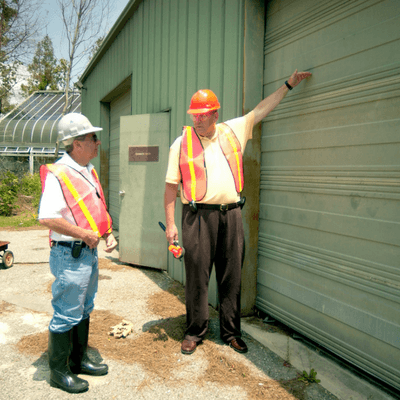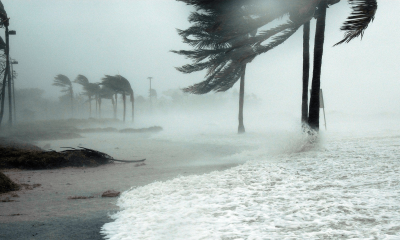Getting Back on Your Feet After a Hurricane
Insurance claims resulting from a hurricane are an enormous undertaking for home and business owners due to their complexity. While coping with the shock of initial damage, there are several things you can do to make your disaster recovery go more smoothly:
1. Protect your property from further damage.
It’s your responsibility to perform emergency work such as putting up tarps, removing wet drywall and carpeting to prevent mold, and boarding up openings and installing fencing, where necessary, to protect your belongings and keep others from getting hurt.
2. Beware of contractors asking you to sign a contract for non-emergency services.
Ideally, you should not hire a contractor to rebuild your business until you have agreed on a repair/replacement scope of damage and an estimate of pricing with your insurance company. Then you will know how much you have to spend on reconstruction.
3. Document the damage.
Photograph or videotape the scene, including the "debris pile," before you begin any cleanup efforts. When estimating damages, do not rely solely on your historical records; instead, secure replacement cost estimates.
4. Request a complete copy of your insurance policy.
Read and make sure you understand your rights and obligations under your insurance policy before submitting your claim and entering into any serious discussions or negotiations with your carrier. Seek out a professional to help you understand what your policy actually covers and, just as important, what it doesn’t.
5. Document all your activities and expenses.
Keep a log of all activities and save all receipts, including those for property replacement and extra expenses. This will provide the documentation a disaster recovery professional requires to present your claim to your carrier, and you will know which expenses will be reimbursed as you rebuild.
How a Professional Public Adjuster Can Maximize Your Financial Settlement After a Hurricane Loss
A public adjuster is a property claim expert who works for you, the policyholder – never for the insurance company. Public adjusters have the answers to your questions on how to recover financially from a hurricane loss.
Public adjusters will help by:
- valuing, documenting and substantiating every detail of your insurance claim;
- this includes creating an inventory of your property and possessions and assigning the proper value to each to present to your insurance company;
- negotiating on your behalf with your insurance company;
- keeping you informed every step of the way; and
- ultimately settling the insurance claim for the maximum amount and with infinitely less hassle for you.
Unfortunately, one’s knowledge of the insurance claim process and technical jargon has a large impact on a resulting financial settlement. Leaving out minute details can lead to reduced settlements which is why we suggest letting the professionals handle the paperwork, while you work on getting your life, property and family or business back to normalcy.
For additional information, visit:
- "Questions to Ask Your Insurer After a Disaster"
- "How to File a Homeowner's Property Damage Insurance Claim"
- "How to File a FEMA Claim"
For help with your property damage insurance claim, contact us today.













